Dear Editor:
I certainly enjoyed A.B. Feuer’s article on the Battle of the Kokoda Track (October 2002). In the summer of 1962 I was stationed with the 1370th Photomapping Wing’s Aerial Survey Team #5 at Port Moresby, New Guinea. Not being scheduled to fly one day, I was in the operations office when the commander came by and his instructions to me were, “Grab two other officers and go represent the Americans at the 20th anniversary of the Battle of Kokoda Gap.” Further questioning did not give me any more information. Even though I had been in the latter part of WWII, I had never heard of this battle.
We arrived as directed and were welcomed lavishly. We met the Australian general who had originally been in charge. He was 77 years old and blind from malaria, and his wife was the first woman ever to be allowed in their officers’ club. There was a short ceremony and then the party really began.
Never have I received so many accolades or felt so welcome. Obviously, the Army personnel who had been there had done a wonderful job, for they were loved. I noticed a number of civilians there and wondered who they were. They turned out to be farmers who brought their own rifles and came to fight the Japanese. I received so many accolades that in time I almost became embarrassed.
There was food and beer aplenty and it was a great afternoon!
Lt. Col. Wesley G. Blaine USAF (Ret.)
Dayton, Ohio
Dear Editor:
I have the October 2002 issue of your excellent magazine and what a beauty it is! A very diverse range of features shows the very broad nature of the magazine, making it compelling reading for all military buffs regardless of their particular infatuation.
Of particular interest to me was the feature on the Six-Day War, as I teach the “Middle East Conflict” and that resource will come in most handy. However, being Australian, the article on the Kokoda Track was the most compelling. I always enjoy reading about the New Guinea campaign from a non-Australian perspective and found Feuer’s general account of the hardship and significance of this much-overlooked war zone to be of outstanding quality. He handled the whole “track” versus “trail” issue politically perfectly as well.
Despite those two features, the “Islam” and “Vikings” features were also magnificently put together and while I find Civil War articles fascinating, it’s good to see the magazine is holistic and not as American-centric as some rival magazines, which I believe does perturb some international readers a little.
Great stuff; keep it coming.
Devoted reader,
Darren Monks
Wembley Downs, Western Australia
Ultra at Kursk
Dear Editor:
In his article on the Battle of Kursk (February 2003), Jonas Goldstein writes that the Russians were aware of the German plan to attack the Kursk salient. Mr. Goldstein does not reveal that Ultra played a major role in the Russian intelligence estimate. The British were successfully intercepting and decrypting German signal traffic regarding preparations for the Kursk offensive, and they were feeding this information to the Russians without revealing the source. This intelligence played a major role in Russian preparations to counter the German offensive. Robin Cross provides detailed information about how the Ultra intelligence information was fed to the Russians in Citadel: The Battle of Kursk.
Respectfully,
Jeff Taylor
Mt. Pleasant, South Carolina
Benedict Arnold’s Fate
Dear Editor:
I enjoyed reading Peter Kross’s article about George Washington’s spy ring during the Revolutionary War in the February 2002 issue of Military Heritage. It says that Benedict Arnold served in the British military in the West Indies in 1794-1795. I always thought that the British Army didn’t want him because he was a man who could be bought and was not to
be trusted. They begrudgingly made him a general after the West Point debacle and
had him do work of no real significance during the remainder of the war. His regiment consisted only of deserters from the American Army, as no British officer would serve under him. When the British lost the war and returned to England, Arnold went with them and sought a new commission in the British Army. They turned him down. He then tried to set up an import/export shipping business in Canada and England, but couldn’t make a go of it in either location. His later years were spent pursuing other business ventures, all of them flops, including an attempt to expand his shipping business to the Caribbean. Since a war with France was going on at the time, Arnold outfitted his own privateering ship to attack French ships in that area. He did so as a private citizen and not in the service of the British Army.
On another note, Arnold did have a steady source of income compliments of his rich in-laws. Another source was a stipend that Sir Henry Clinton got for Arnold’s wife and kids in appreciation of her own spying activities during the Revolutionary War.
Marty McKalip
Dayton, Ohio
Viking Roots
Dear Mr. Niderost:
It was with great interest and pleasure that I read your article on Vikings (“Viking Tide on Britain,” October 2002). There is just one small correction I would like to offer and that concerns the origin of the word “Viking.” The word “vik” (also spelled in various ways), the “wick” in many English place names (for example, Warwick), German Braunschweig (originally Brunswick), or “wiek” on the island of Föhr means “homestead.” They were warriors looking for new homesteads. As such they settled in northern France (Treaty of St. Clair-sur-Epte in ad 911—the name “Normandie” is a reminder) and founded another state on Sicily and in southern Italy.
Yours faithfully,
C.D. Dorn
Cape Town, South Africa
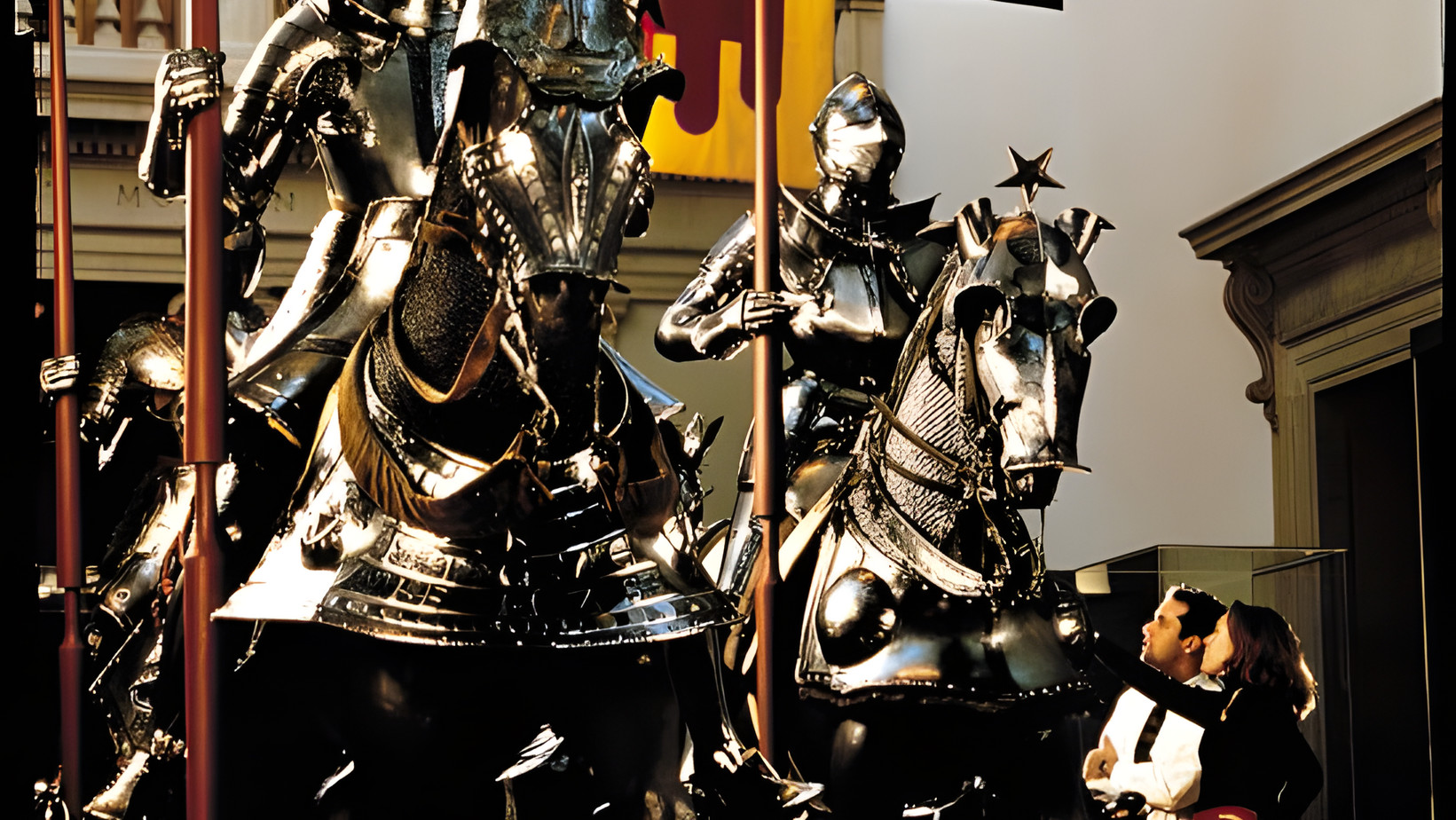
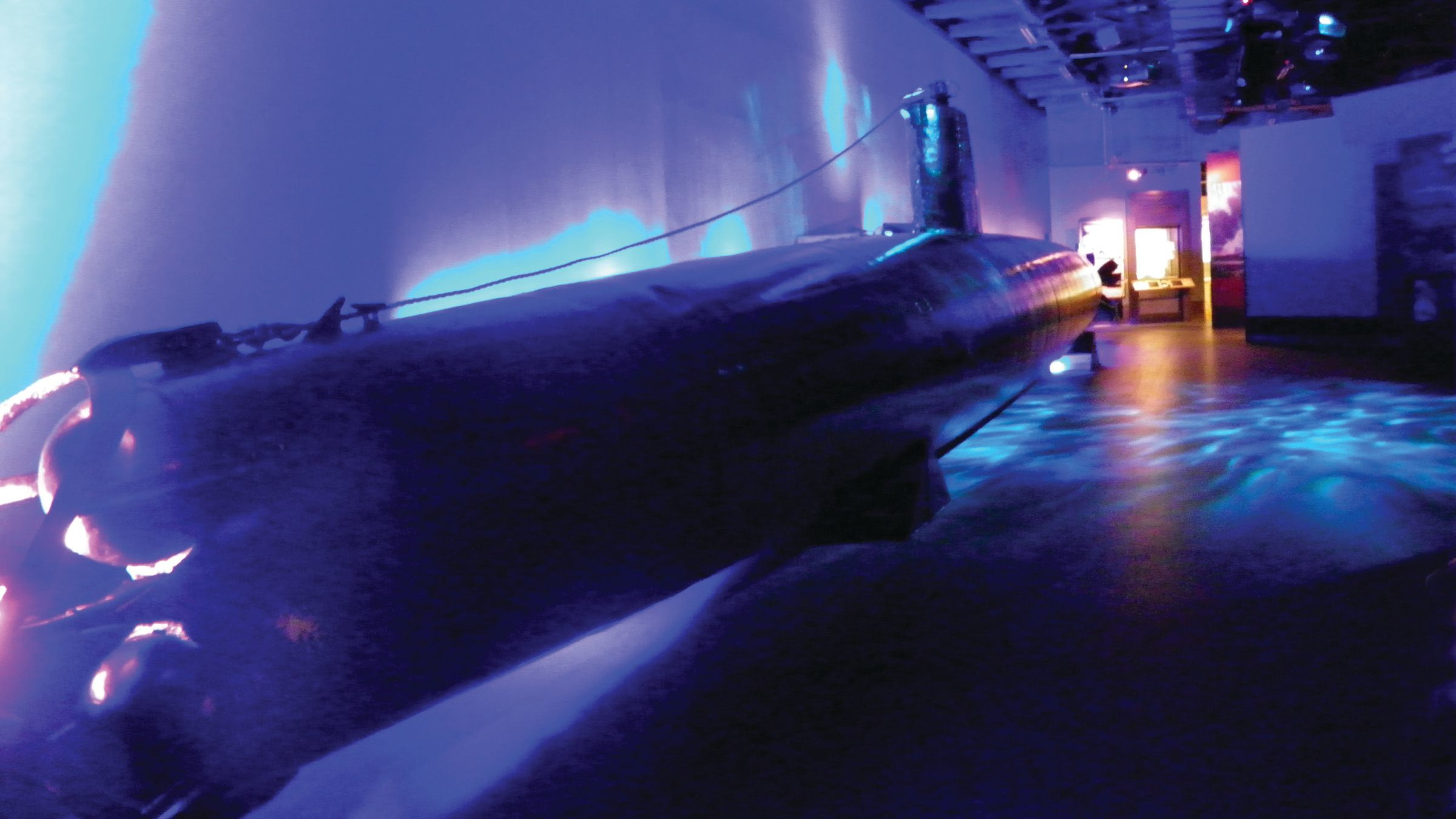
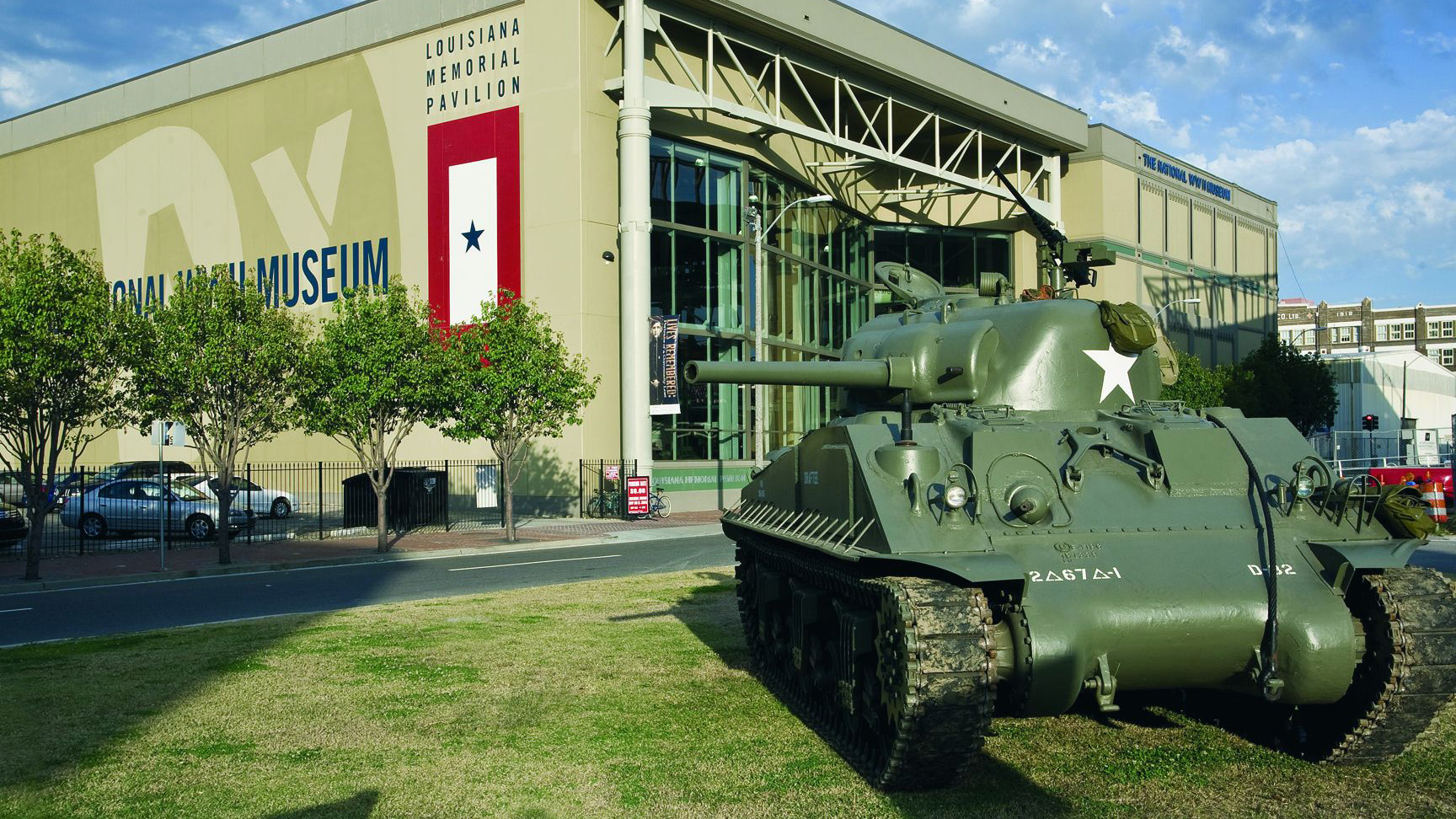
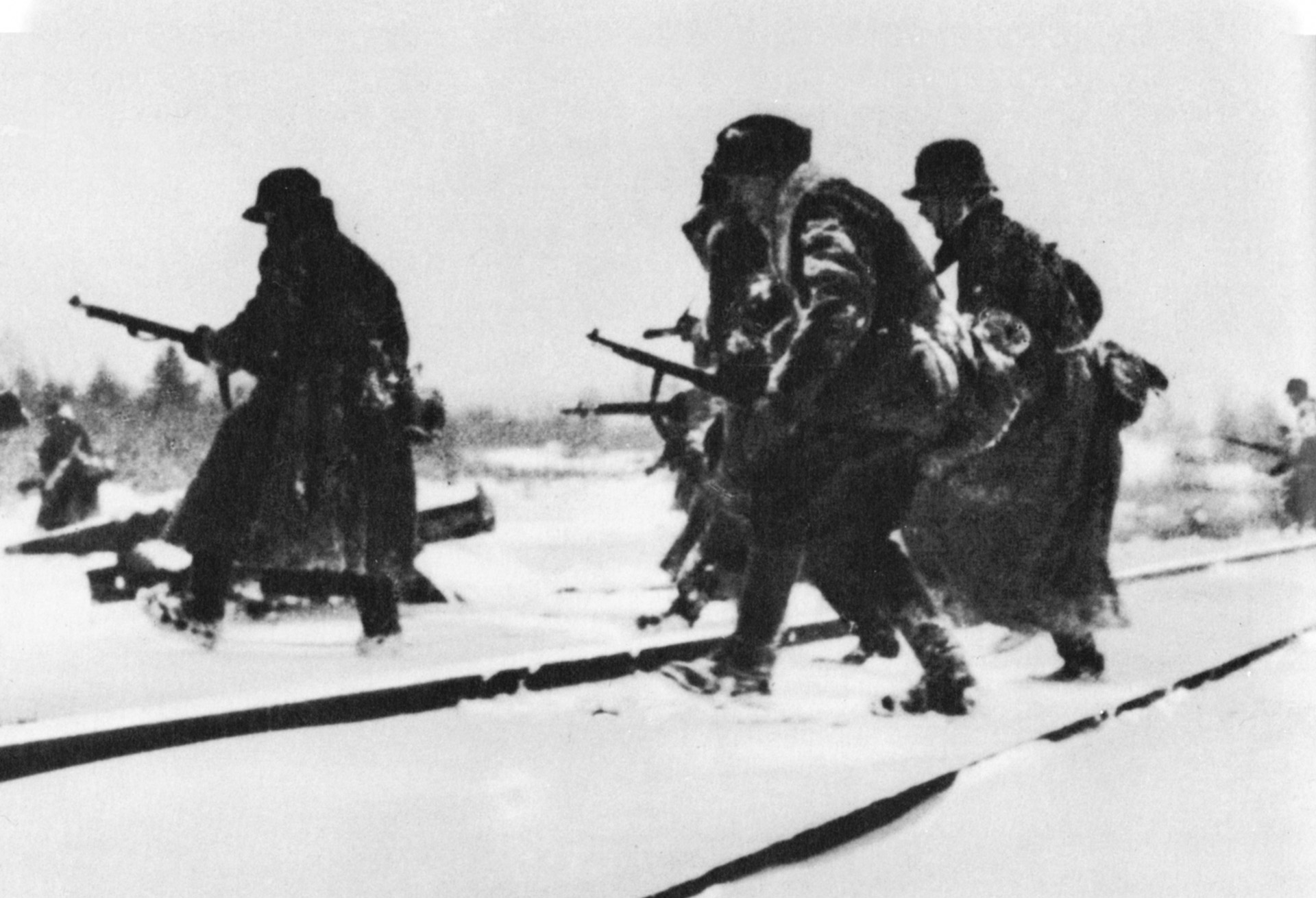
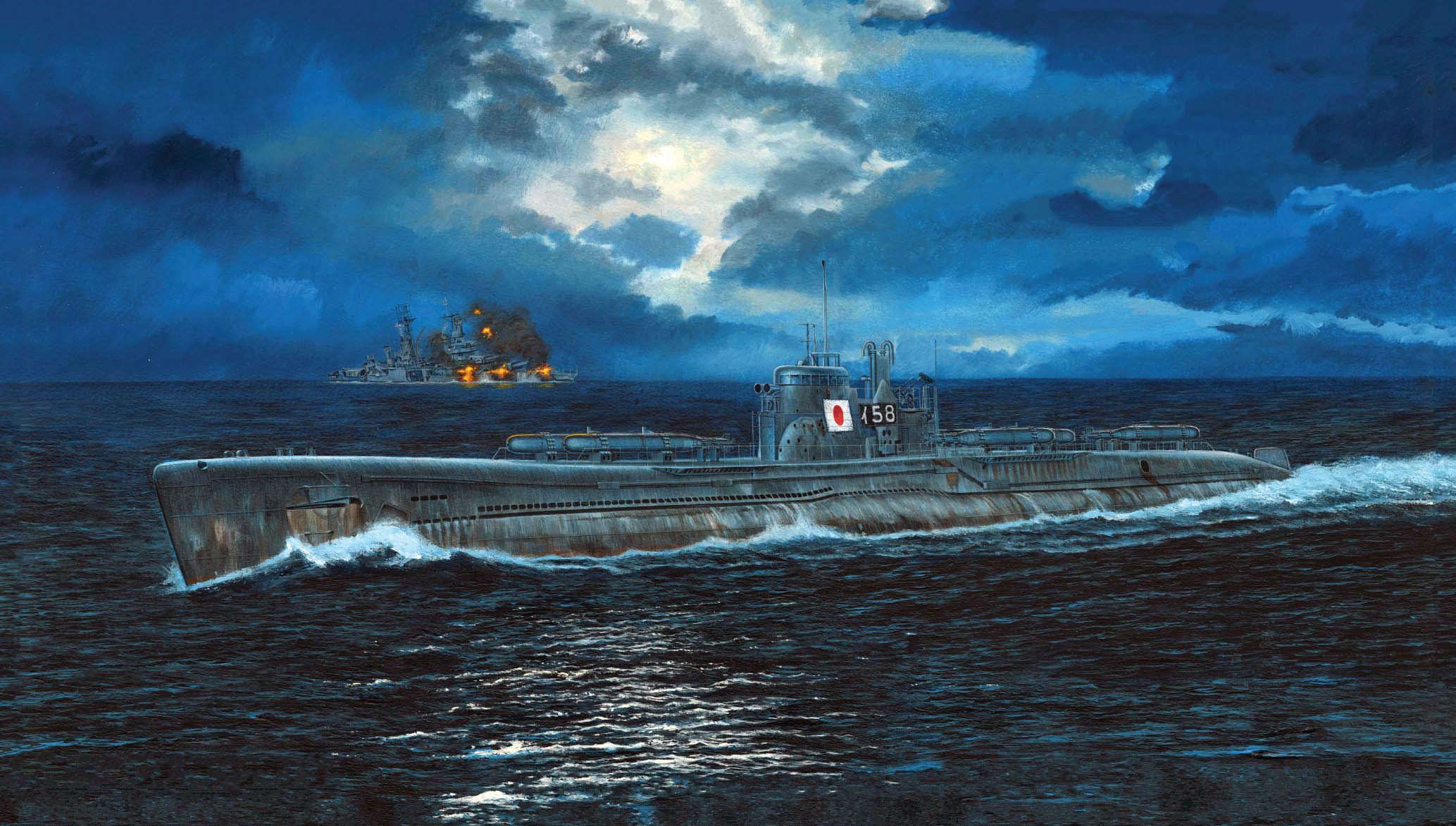
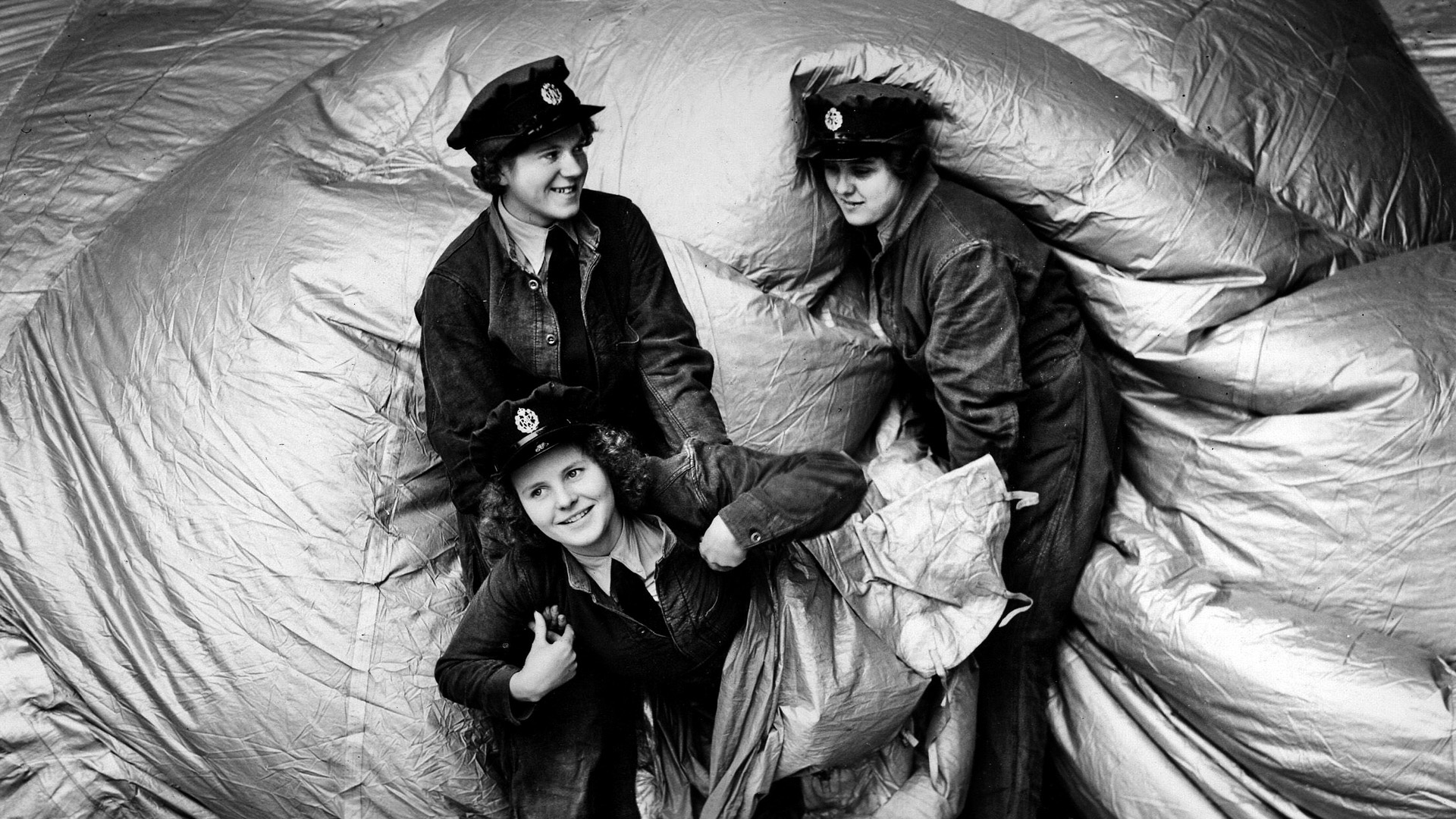

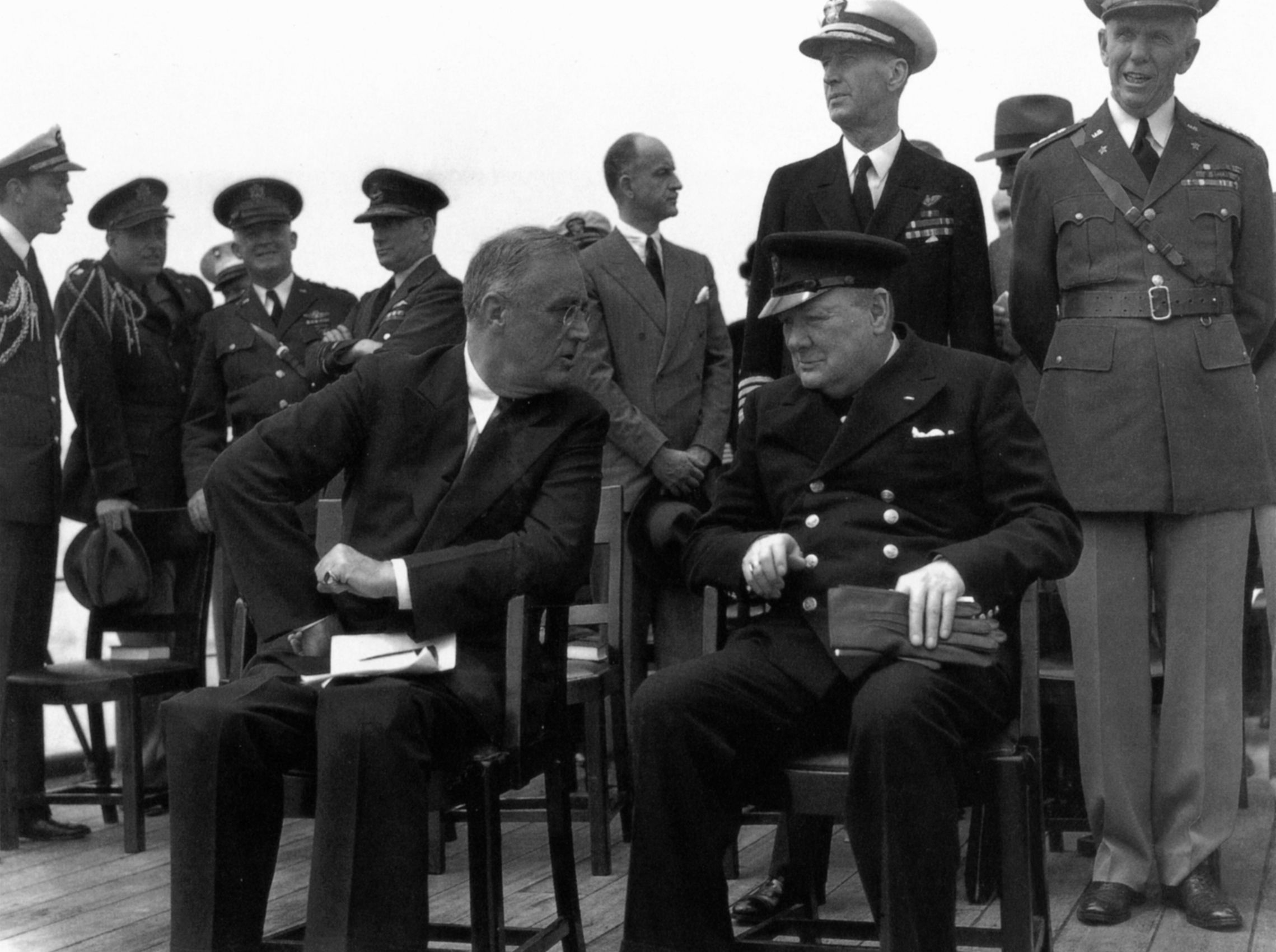
Join The Conversation
Comments
View All Comments